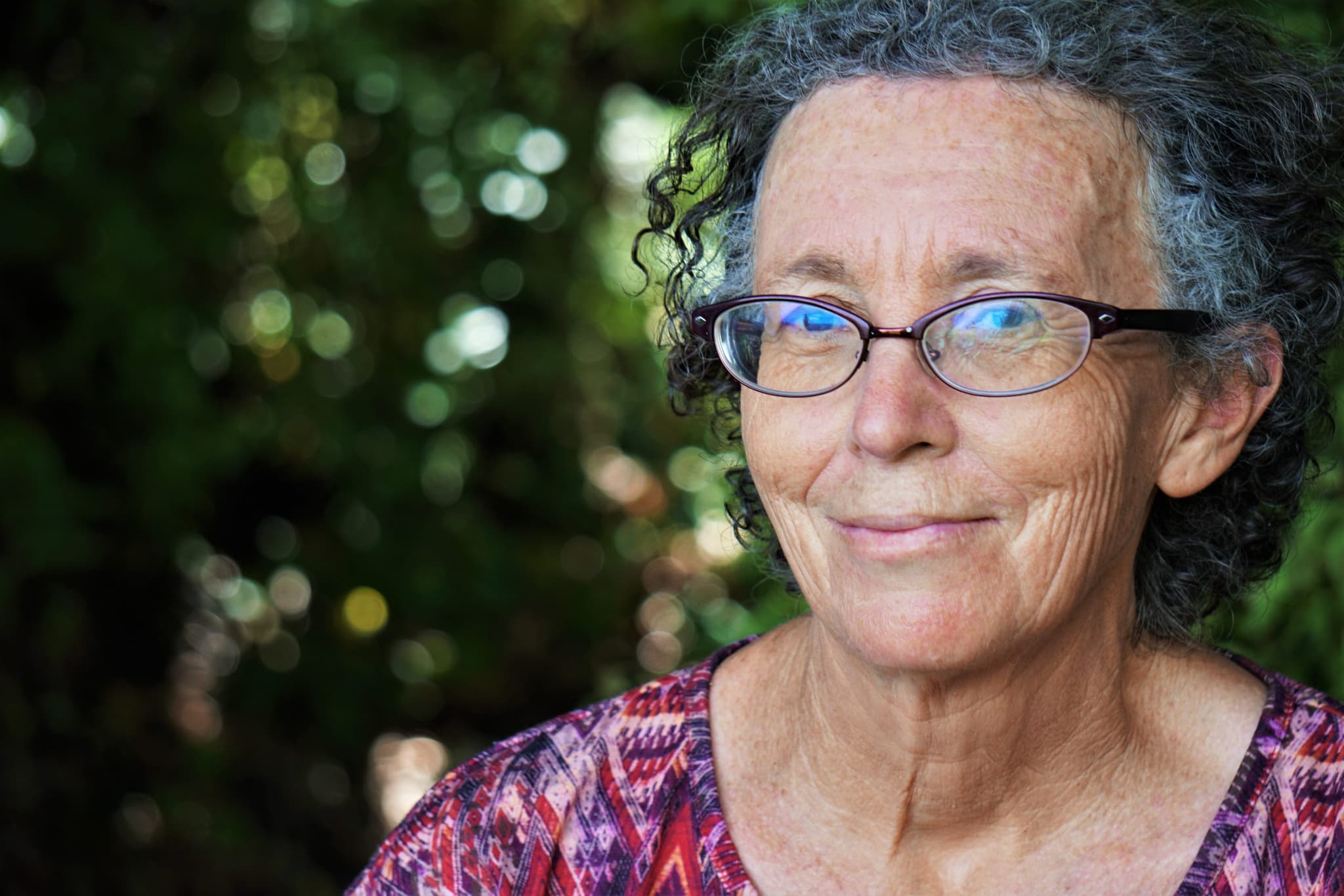Workforce
HESTA members concerned they will pay the financial price for caring for children

Freya Lucas
Mar 31, 2022
Save
A significant proportion of women are stressed and anxious about the hit to their retirement savings from taking time out of the workforce to nurture children and want the government to take action to address this super inequity, new research from industry super fund HESTA has found.
Three in five women surveyed by HESTA who had taken parental leave were concerned about the long-term impact this would have on their financial security as they aged. A third of these respondents described themselves as very or extremely concerned. Nine in 10 of the more than 2,300 members surveyed agreed strongly that changes were needed in Australia’s super system to boost women’s financial security in retirement. Respondents strongly supported measures to close the gender pay gap, provide better job security and fairer pay for female-dominated industries like health and education, improve the accessibility and affordability of early childhood education and care and increase super savings for women who take time out of the workforce.“Our members are telling us they’re worried and stressed about not having enough to retire on because they need to take time out of the workforce to raise children,” HESTA CEO Debby Blakey said. “This is effectively a financial penalty women pay and it’s unacceptable and deeply unfair. We’re calling for superannuation equity reform to be a priority in the next term of Government. Our super system has had a gender blind spot for far too long.” Members expressed concerns about the financial stress from a relationship breakdown, being forced into casual, insecure employment after returning to work and needing to work longer to build their super. Several members said it was unfair their super had suffered, particularly when compared to their partner’s retirement savings. “Birth is a life stage that should be celebrated, not a crisis to worry about,” said a 31-year-old member who works full-time in aged care shared. The survey found the average total parental leave taken amounted to approximately 14.7 months, more than a year out of the workforce. More than half of respondents who had taken parental leave had taken two or more periods of leave, with one in six having taken three or more. Parental leave is the only commonly taken form of paid leave that does not include superannuation, sending a clear message that paid caring work is undervalued. “Fixing gender inequities is a key focus for investors like HESTA because issues like women’s lower workforce participation and pay gap of 13.8 per cent are not only key reasons why women are retiring with around a third less super than men, it’s costing our economy billions of dollars,” Ms Blakey said. HESTA has long advocated to make women’s retirement outcomes a top priority, calling for three urgent policy reforms to improve equity in super:
- Paying super on Commonwealth Parental Leave Pay;
- Introducing a super carer’s credit for unpaid parental leave; and,
- Providing universal access to affordable childcare.
Don’t miss a thing
Related Articles



















